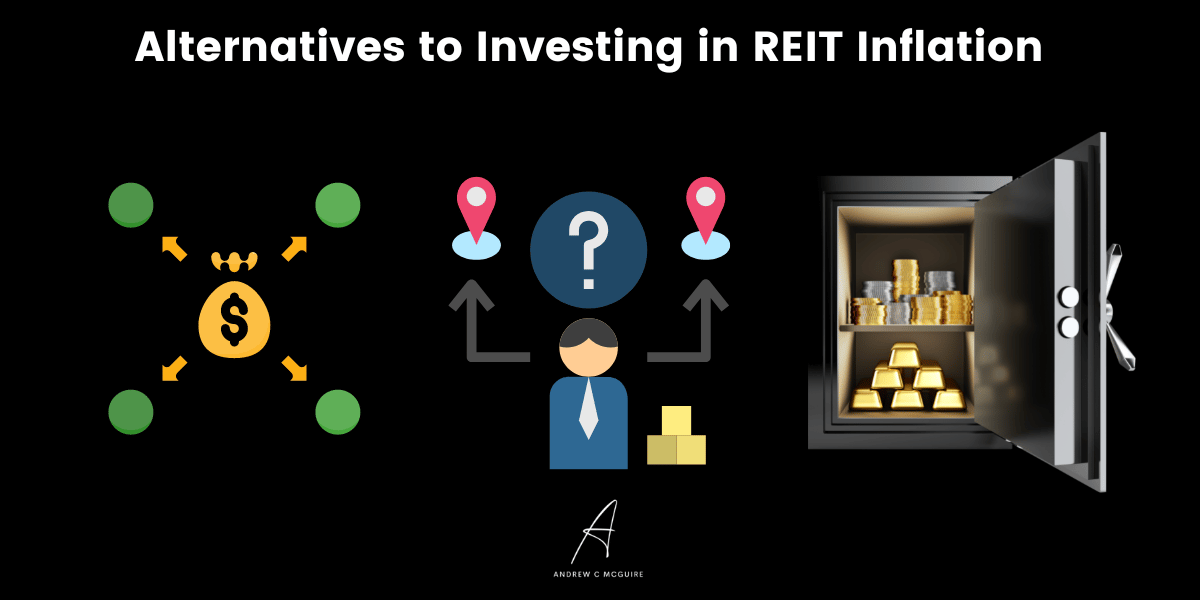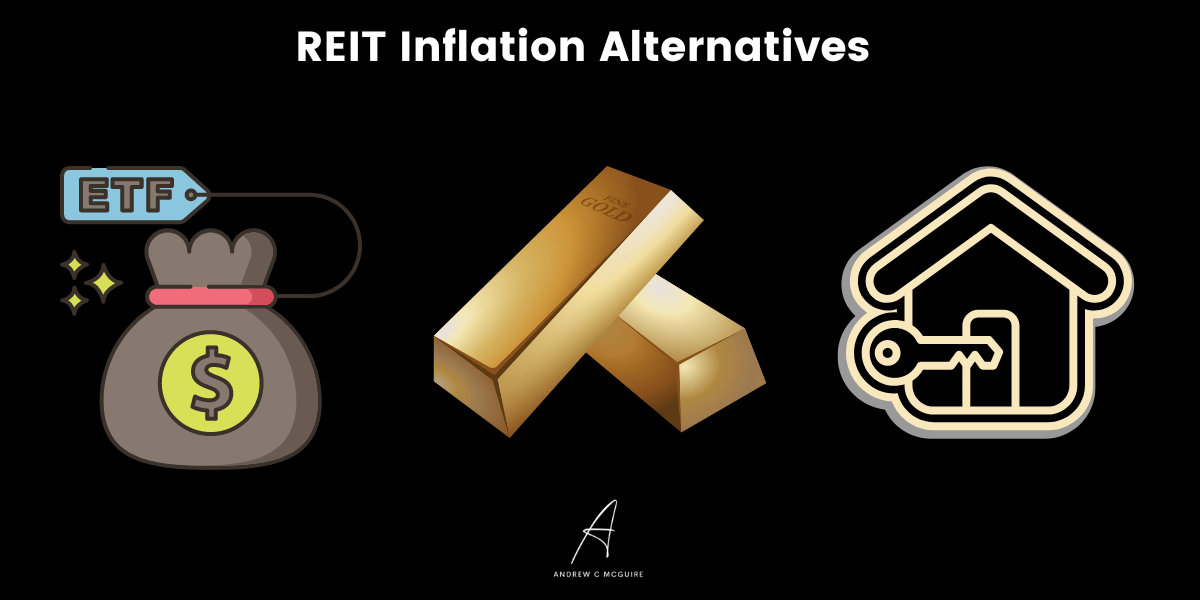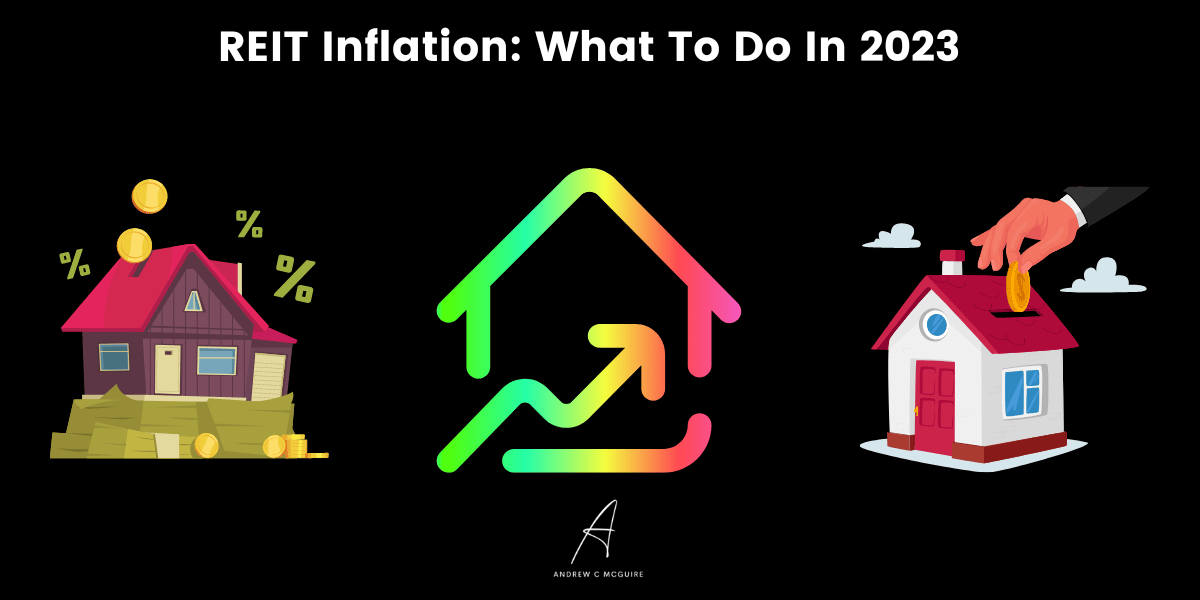In 2023, everyone is looking for ways to combat inflation and recession, and stay ahead of the economy. One of the fundamental principles to effectively do this is real estate market capitalization. Another option is to invest in gold and other precious metals. However, to get the right result, you must never forget that the company you choose to invest with largely determines the result that you get at the end of the day – this is why I recommend Augusta Precious Metals to anyone planning to take advantage of rare metals investment as an inflation-hedge modality.
- Money magazine’s “Best Overall” Gold IRA Company in 2022
- Quarterback Joe Montana and his financial team chose Augusta
- Zero fees for up to 10 years — every customer qualifies
- Investopedia’s “Most Transparent” Gold IRA Company in 2022
- Free guides on how to avoid gimmicks & high-pressure tactics used by gold IRA companies
We earn a commission if you make a purchase, at no additional cost to you.
Inflation is a major factor in the loss of wealth, and it’s important to have strategies in place to protect your money from its effects. REIT inflation is an investment strategy that can help you combat inflation while also providing potential for growth. It involves investing in real estate income trusts (REITs) as a way to hedge against rising prices due to economic forces such as increasing wages or consumer demand. In this article, we’ll discuss what REIT inflation is, the types of investments available through it, strategies for making successful investments using REIT inflation principles, and more. Right before we get started, let’s take a look at what quarterback Joe Montana says about Augusta Precious Metals and why his financial team believes that the investment company is the best of all the top options.
[presto_player id=4770]
Alternatives to Investing in REIT Inflation
1
Precious Metals and Gold Investments
Precious metals and gold investments are a great alternative to reit inflation in combating the global financial crisis. They provide investors with the potential for long-term capital appreciation, as well as protection against inflation. Investing in precious metals is also an excellent way to diversify your portfolio since it provides exposure to different asset classes than traditional stocks or bonds. Additionally, gold has historically been viewed as a safe haven investment in times of economic uncertainty.
2
Real Estate Investment Trusts (REITs)
They are another option for those looking for alternatives to investing in REIT inflation. REITs allow investors to purchase shares of real estate companies that own commercial properties such as office buildings, shopping centers, apartment complexes, and more. This type of investment offers potential returns from the rental income generated by tenants who occupy the property owned by the REIT company. Additionally, some REITs may pay dividends which can be used for additional income generation or reinvestment into other assets within the portfolio.
3
Exchange-Traded Funds (ETFs)
Exchange-traded funds (ETFs) offer investors access to a wide range of markets without having to buy individual stocks or bonds directly on their own behalf. ETFs can be bought through online brokers just like any other stock and often have lower charges than mutual funds due to their passive management structure, which allows them to track market indices instead of actively managing portfolios themselves as mutual funds do. Additionally, ETFs provide diversification benefits similar to those found when investing in reit inflation but with potentially higher returns depending on what sector they focus on, such as technology or healthcare-related industries.
Key Takeaway:
Precious metals and gold investments, real estate investment trusts (REITs), and exchange-traded funds (ETFs) are all viable alternatives to reit inflation that offer potential returns from rental income, dividends, or capital appreciation. Additionally, they provide diversification benefits for investors.
Conclusion
In conclusion, REIT inflation is a great option for investors looking to safeguard their wealth from the effects of inflation and recession. REIT investments offer a number of advantages, such as diversification, tax benefits, and liquidity. However, it’s key to remember that there are also risks associated with investing in REITs, including market volatility and lack of control over management decisions. Investors should carefully consider these pros and cons before deciding whether or not to invest in REIT inflation. Additionally, there are other alternatives available for protecting wealth from inflation and recession, such as precious metals or gold investments which may be worth exploring if you’re looking for additional options.
FAQs
Andrew’s Gold IRA Pick
Augusta Precious Metals is the most trusted gold IRA company



